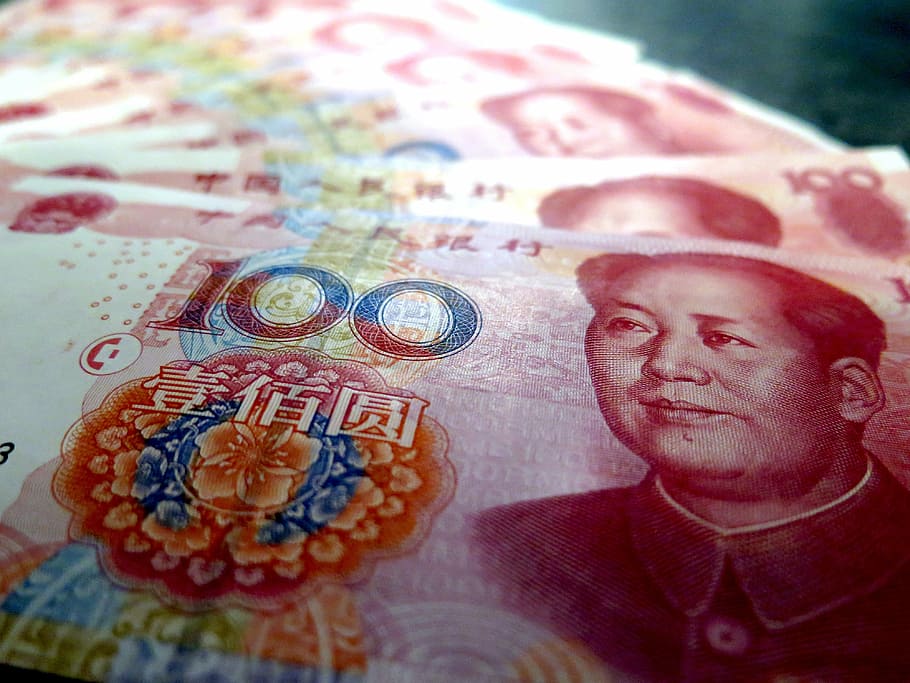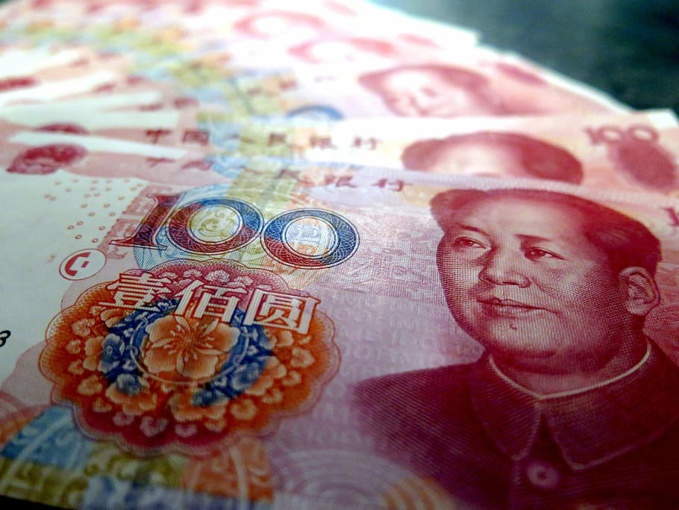The volume of Chinese foreign investment is significantly overestimated - even in African countries it is not excessive, given the size of the Chinese economy and its counterparties, according to IIF. Results of 2018 showed that the accumulated volume of outgoing foreign direct investments (FDI) amounted to $ 2 trillion. However, the country's GDP accounts for 15% of the world, but the share of its direct investments amounted to only 6%. For comparison: these figures are 24.2% and 20.9% in the USA, and the Netherlands, Hong Kong, Great Britain, Germany, Japan, and France also have a share above 5% of the global volume of accumulated investments. With respect to Chinese GDP, the share of outgoing FDI in China is also noticeably lower (15%) than developed (53%) and even developing countries (23% on average).
Investments make up only about a quarter of all foreign assets of China.
At the same time, from the peak of 2016, the annual volume of outgoing FDI fell by about 40% - to $ 110.6 billion in 2019 (for comparison: incoming FDI amounted to $ 137 billion); a year earlier the figure was $ 143 billion. This can be explained by the already high level of corporate liabilities sectors in China, capital restrictions and barriers to entry in the markets of recipient countries, the institute explains.
As for industry, there is a shift from extractive sectors to services, while it is traditionally believed that Chinese business is primarily interested in natural resources.
A surge in such demand occurred in the period after the financial crisis of 2008-2009, when the value of assets was underestimated, and China's demand for energy and other raw materials grew sharply (the country annually imports crude oil and iron ore by about $ 400 billion, which is about a quarter of all imports ) However, by 2018, the rate of growth in energy consumption in China had slowed to 3% per year (17% in 2004). As a result, now in the structure of outgoing FDI, extraction and production accounted for 9% each, while the figure was 78%the services sector.
source: iif.com
Investments make up only about a quarter of all foreign assets of China.
At the same time, from the peak of 2016, the annual volume of outgoing FDI fell by about 40% - to $ 110.6 billion in 2019 (for comparison: incoming FDI amounted to $ 137 billion); a year earlier the figure was $ 143 billion. This can be explained by the already high level of corporate liabilities sectors in China, capital restrictions and barriers to entry in the markets of recipient countries, the institute explains.
As for industry, there is a shift from extractive sectors to services, while it is traditionally believed that Chinese business is primarily interested in natural resources.
A surge in such demand occurred in the period after the financial crisis of 2008-2009, when the value of assets was underestimated, and China's demand for energy and other raw materials grew sharply (the country annually imports crude oil and iron ore by about $ 400 billion, which is about a quarter of all imports ) However, by 2018, the rate of growth in energy consumption in China had slowed to 3% per year (17% in 2004). As a result, now in the structure of outgoing FDI, extraction and production accounted for 9% each, while the figure was 78%the services sector.
source: iif.com



















